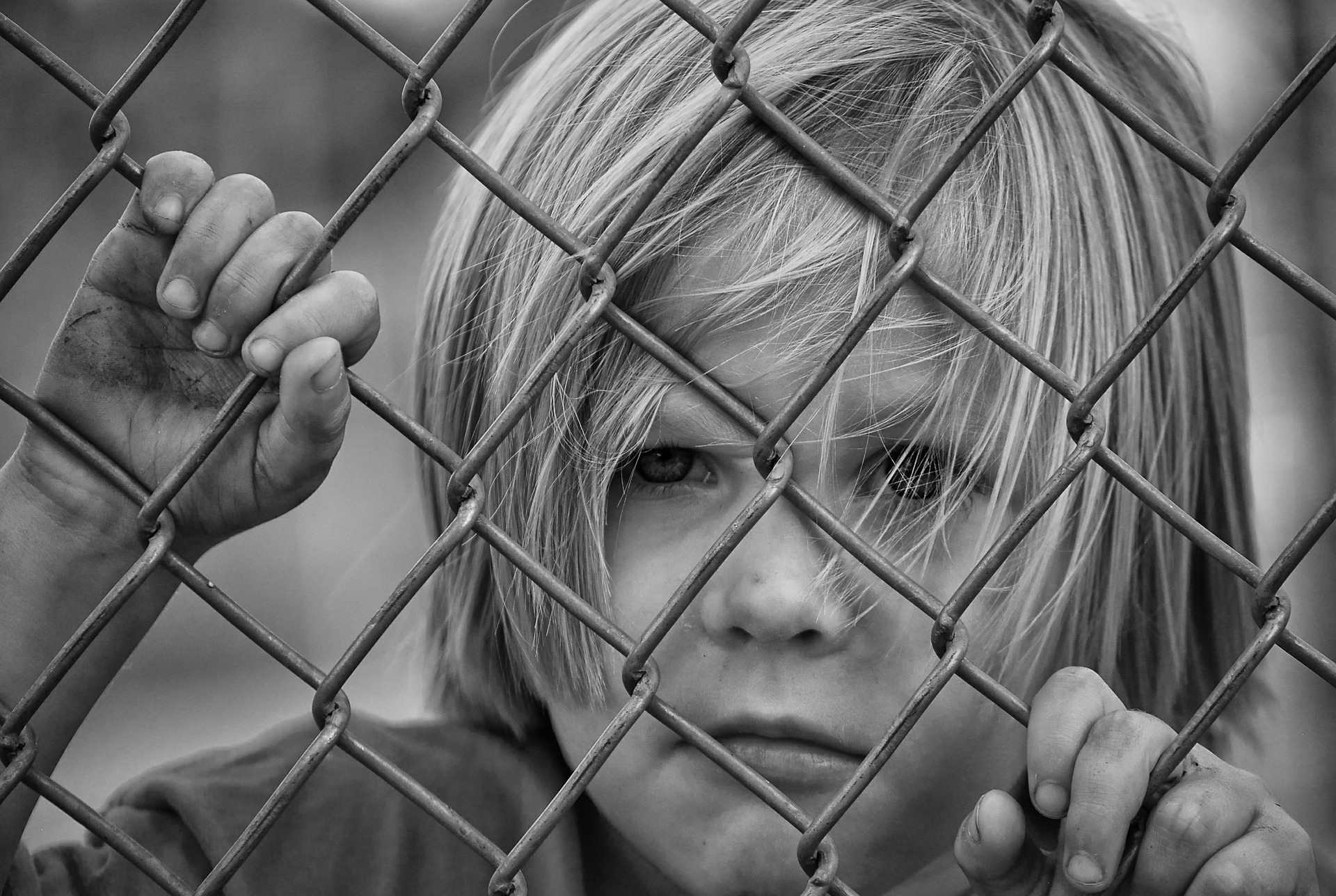On Nelson Mandela Day, Lorna McGregor of the Equality and Human Rights Commission talks to RightsInfo about the treatment of children in detention.
Seven years ago, the UN General Assembly designated 18 July as Nelson Mandela International Day ‘to honour his life’s work and act to continue to change the world for the better’.
This year’s celebration focuses on states’ implementation of the revised UN Standard Minimum Rules on the Treatment of Prisoners which the UN General Assembly adopted in 2015, renamed ‘the Nelson Mandela Rules‘. The Rules update key areas such as respect for prisoners’ dignity, the use of restraint and healthcare. This reflects progress in international law since the Rules were first adopted. Like all states, the UK has to ensure that its laws, policies and practices comply with these revised Rules and, preferably, exceed them.
This includes reviewing the treatment of children in detention settings. This has recently been addressed by the UN Committee on the Rights of the Child (CRC). In its report on the UK, the CRC raised a number of serious concerns about the decision to detain children in the first place and the treatment of children when they are detained. Key recommendations include:
1. Detention of children as a last resort
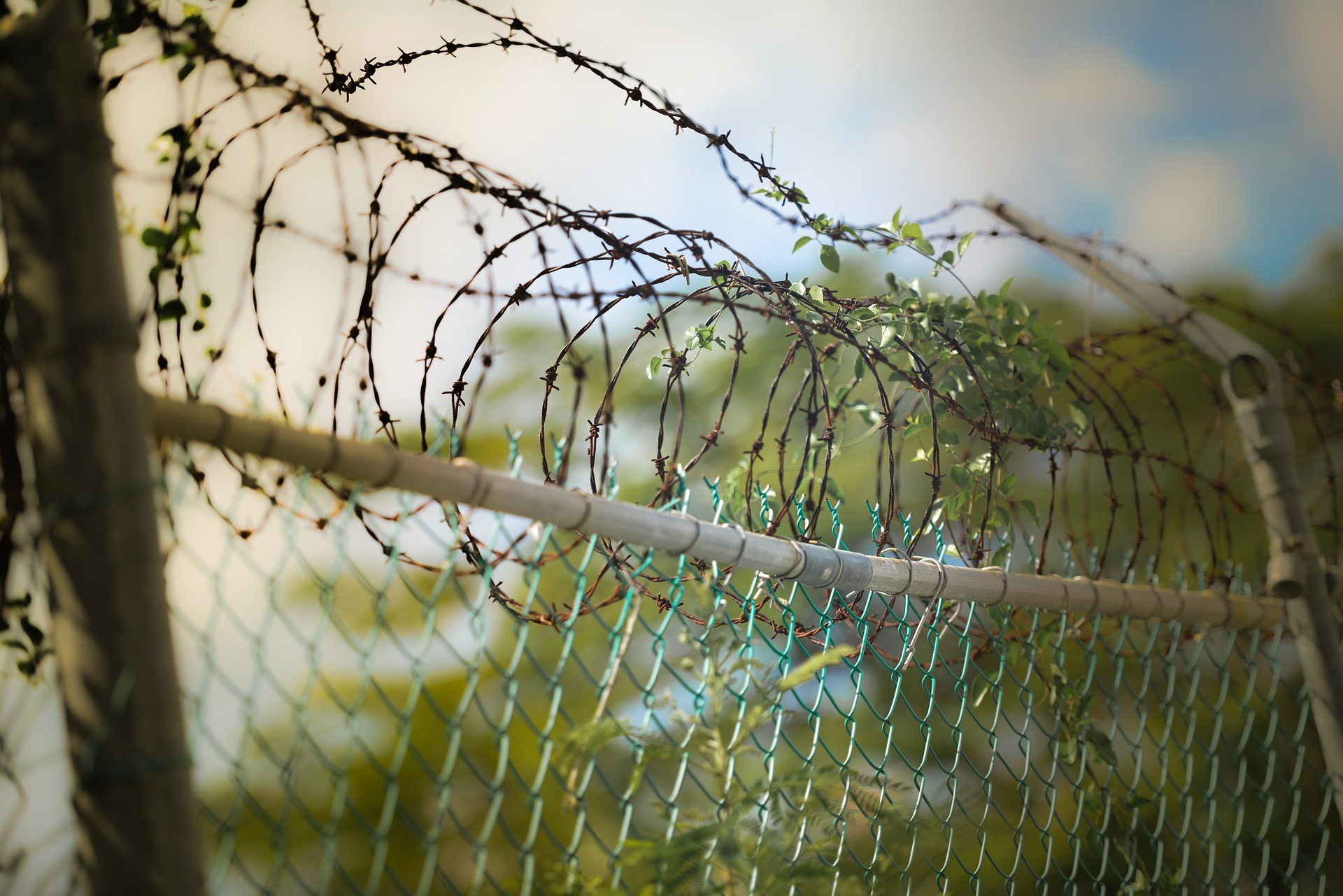
The CRC recommends that the UK should only detain children as a last resort, for the shortest possible period of time and detention ‘should not be used discriminatorily against certain groups of children’. While the number of children sentenced to custody in the UK has been decreasing, at the Equality and Human Rights Commission we consider that more can be done to ensure detention is used as a last resort and a welfare-based approach is taken for children in the criminal justice system.
In our submissions to the CRC in August 2015 and April 2016, we also raised serious concerns about the treatment of children when they are detained. These include the use of isolation and restraint.
2. Isolation and solitary confinement
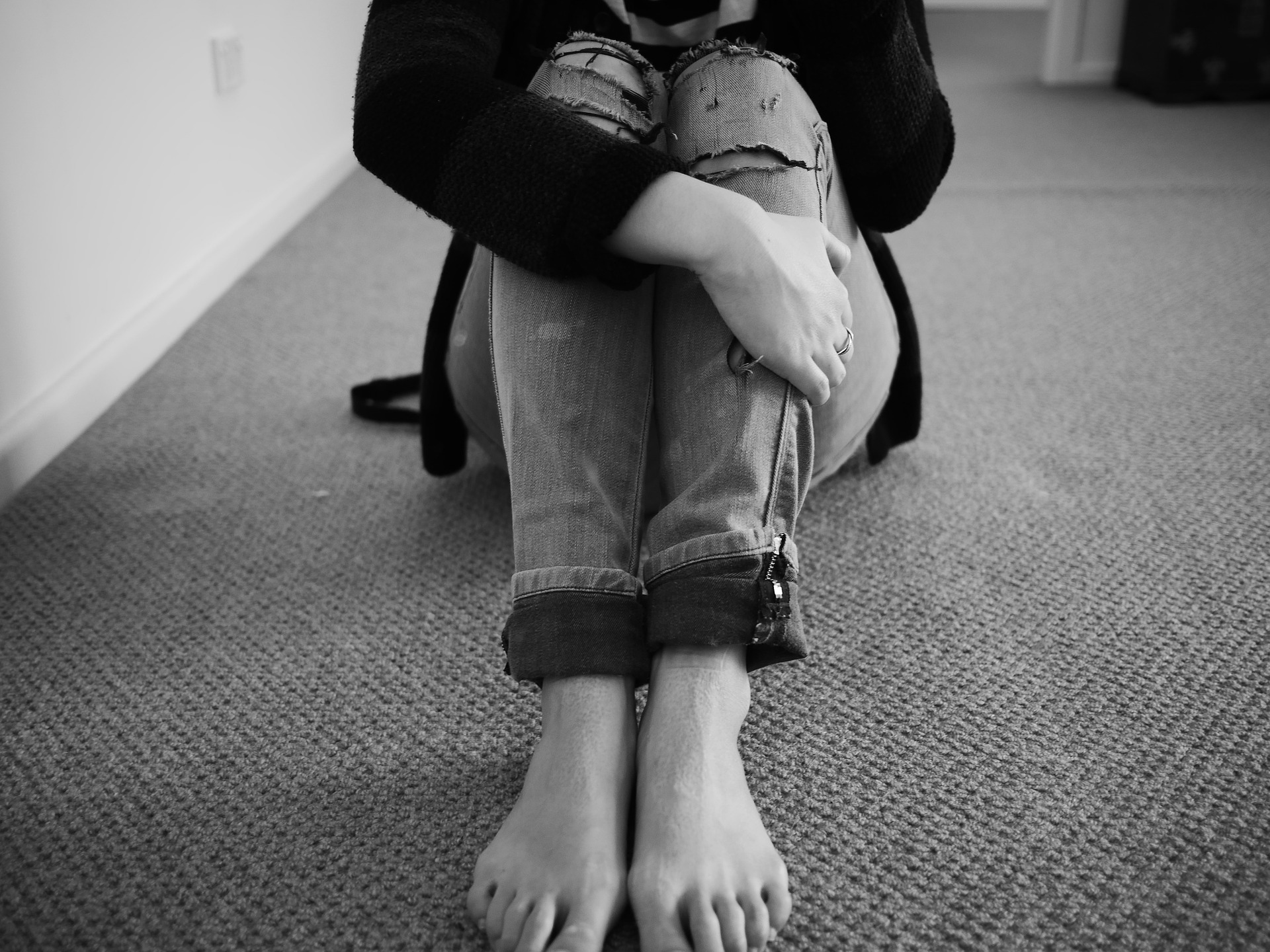
The Children’s Commissioner for England has found that around “one in three children in the youth justice secure estate in England are isolated at some point”. That isolation can have detrimental impacts on children, including causing them to feel anxiety or depression and triggering self-harm in some cases. According to the same report, the use of restraint can also “inhibit the longer term developmental processes of transformation that are conducive to children desisting from offending, integrating into mainstream society and making a positive contribution”.
The UK National Preventive Mechanism has reported that some children in Young Offenders Institutions spend up to 22 hours a day on their own in their cell. The CRC recommends a total prohibition on solitary confinement of children and regular inspections of the use of segregation and isolation in child detention facilities.
We agree with the Children’s Commissioner that the UK Government should ensure that when isolation is used as a behaviour management measure, it must be for the minimum period necessary, and that children should spend at least 8 hours per day out of their cell or room, in contact with their peers, or with staff, family and professional visitors. In line with the Nelson Mandela Rules and the CRC recommendations, in no circumstances should solitary confinement be used in relation to children.
3. Restraint
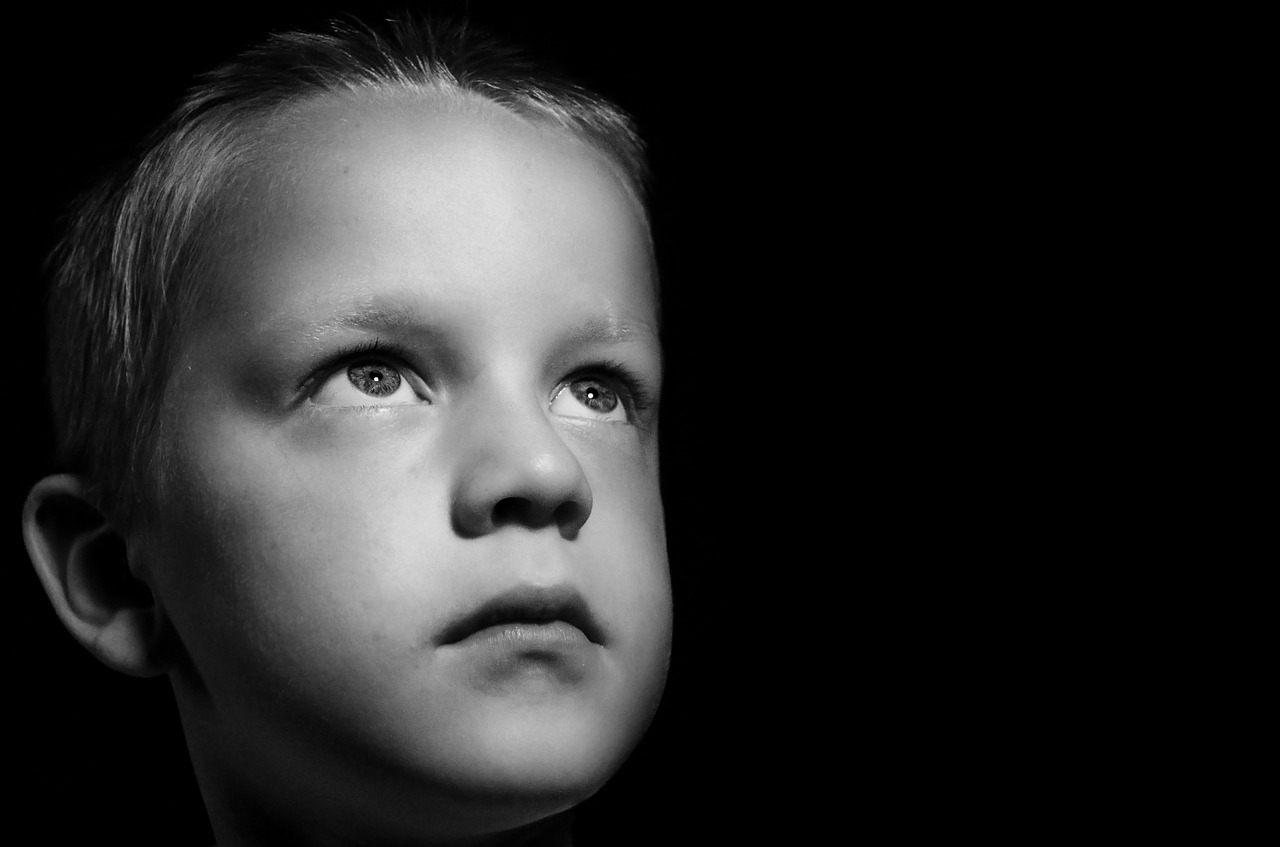
The Commission has highlighted that the rate of use of restraint against children in detention rose significantly between 2010, reaching a five-year high in 2014. Restraint often results in harm to children, including serious injury which requires hospital treatment in some cases. In 2013/14, 658 children were injured after being physically restrained by officials in detention settings and reports such as the recent inspection of Medway Secure Training Centre show the very serious impact restraint can have.
The CRC found that the way in which restraint is used may amount to torture or other cruel, inhuman or degrading treatment or punishment. It called on the UK to abolish the use of restraint for disciplinary purposes and only use it to prevent harm to the child or others and only as a last resort. The Nelson Mandela Rules are very clear that prison administrations should use alternatives such as conflict resolution and mediation before resorting to restraint. The UN Committee Against Torture made a similar recommendation to the UK in 2013, yet it has still not been implemented.
What’s next?
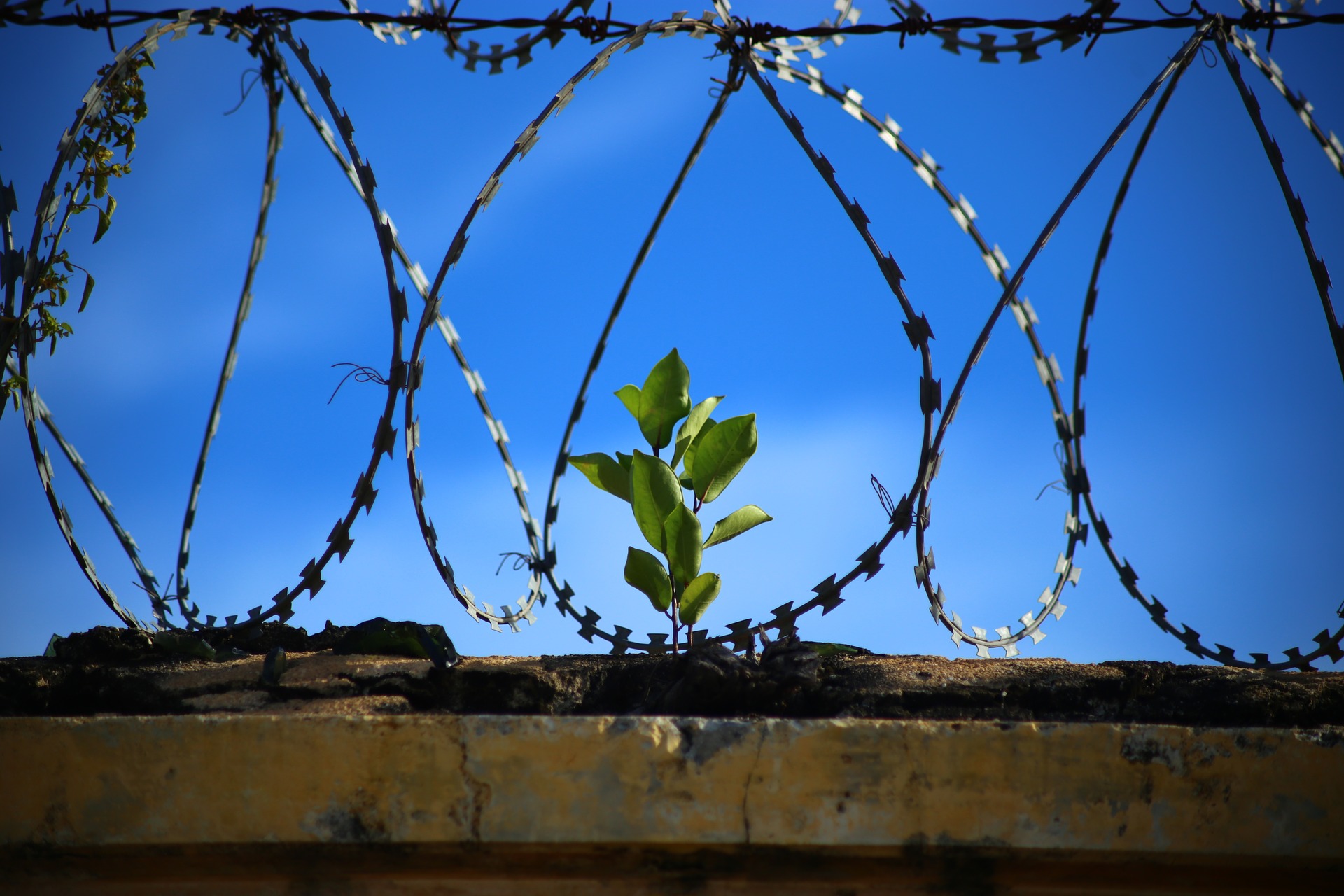
We have welcomed an ongoing review of the youth justice system in England and Wales, but we consider that it could be strengthened by extending its remit to address the use of restraint and segregation in detention.
It is crucial that the UK Government works now to implement the CRC’s recommendations, including identifying the causes of the increased use of restraint on children in detention and setting out a strategy for addressing this increase. We will be working with civil society, other statutory bodies, UK Government and Parliament to ensure that children:
- are only ever deprived of their liberty as a last resort,
- are no longer held in solitary confinement,
- spend at least 8 hours per day out of their cell when they are in detention.
This post is the author’s opinion, not that of RightsInfo.
Learn more about Nelson Mandela and his human rights legacy here. Take a look at our other resources on children’s rights and justice.

